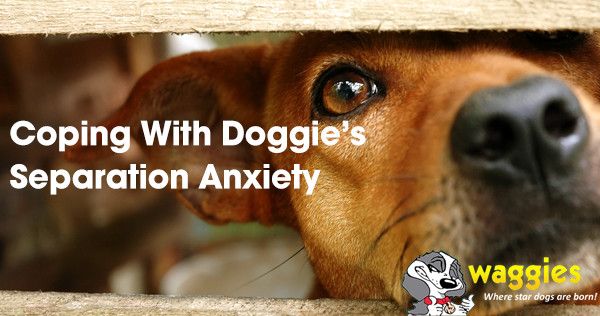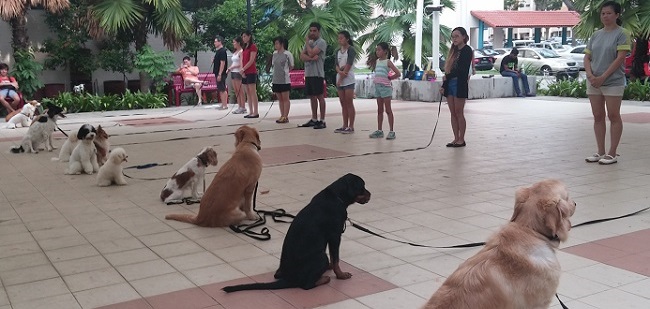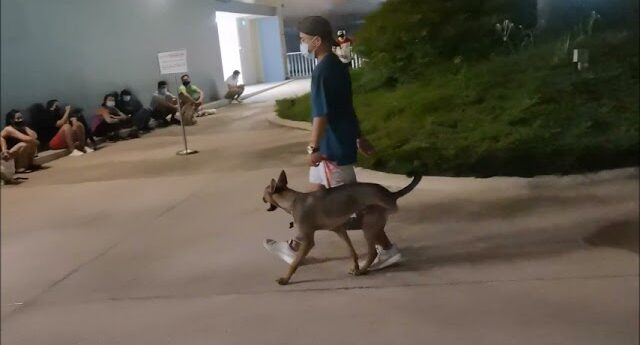Coping with Your Dog’s Separation Anxiety

Does your dog go crazy when you’re out of the house? Maybe he barks, howls, or whines as you leave. Maybe you come home to a dog full of manic energy who has torn apart pillows or destroyed shoes while you were away. Before you become angry, take a minute to think about the source of this destructive or “crazy” behavior. Often, it’s a sign of separation anxiety.
The Pack Mentality
In the old days, before dogs were domesticated, they lived as pack animals. As such, they were almost never without a pack member or two, and they spent all their time sleeping, scouting, and hunting together. Dogs are social creatures, and being left alone for hours can be very painful for them. Yet you have to leave home sometimes to work, to run errands, or to shop. The trick is to find the way to meet your needs and your dog’s needs at the same time.
Walk It Off
Before you go to work in the morning, take the time for a brisk walk with your dog. It’s good exercise for you, and it helps you wake up and feel energized for the day. In addition, it helps your dog bond with you, expend energy, and explore the world. If you’re trying to wear the dog out, add a dog backpack with some extra weight. Consult a dog training expert to find out how much weight to include and where to position the pack. By the time you get home, your dog is ready for a rest. Give him some food and water, then leave the house.
No Goodbyes
Goodbyes are for humans, not dogs. If you make a big deal about leaving the house, your dog will think that your departure is a scary, important thing. On the other hand, if you simply walk out, chances are your dog will think less of the event. If you want to show your dog some love, do so several minutes before you have to leave; then ignore your pet for the few minutes leading up to your departure. When you come back, ignore the dog for a couple of minutes until you have set down your bags and gotten comfortable. Then it’s time for some affection. If you stay consistent, your dog may come to realize that arrivals and departures happen, and it’s not a big deal.
Small Steps
If you have a very young dog, take a little more care with your pet before leaving him or her alone. Start with small increments of alone time, such as five minutes. Extend that time to ten or twenty minutes, then push it up to half an hour or an hour. With time, your puppy will realize that even though you are gone, you will always come back.
Beating the Boredom
You can also take steps to alleviate your dog’s boredom while you are gone. Talk to a dog training expert located near you in Singapore. Since different breeds have different temperaments and backgrounds, your dog trainer may have some ideas for keeping your pet happy and occupied while you’re out.









